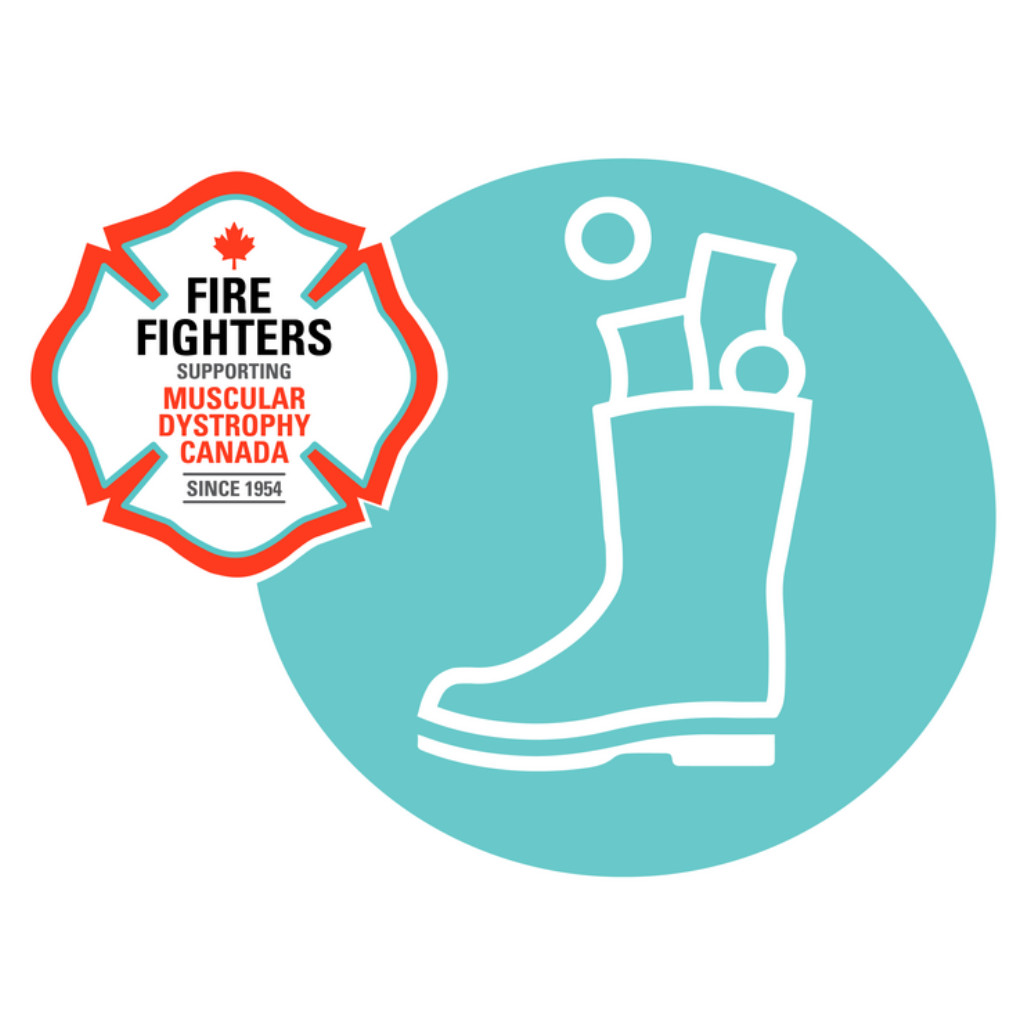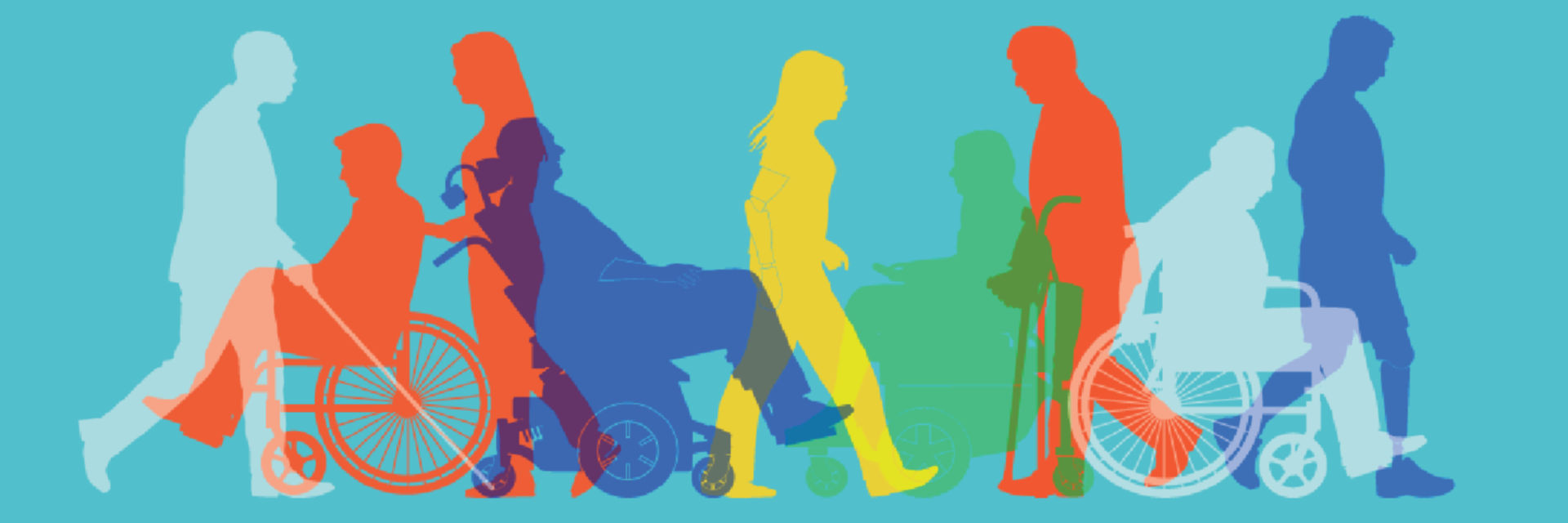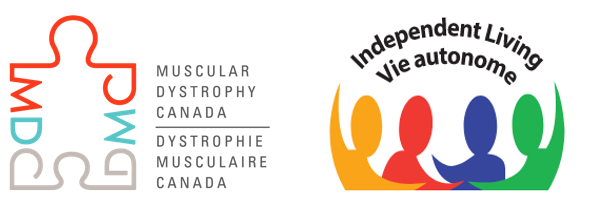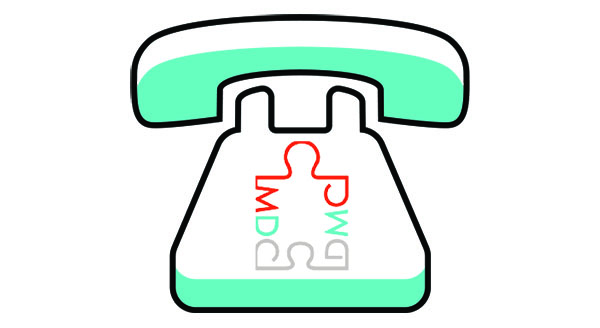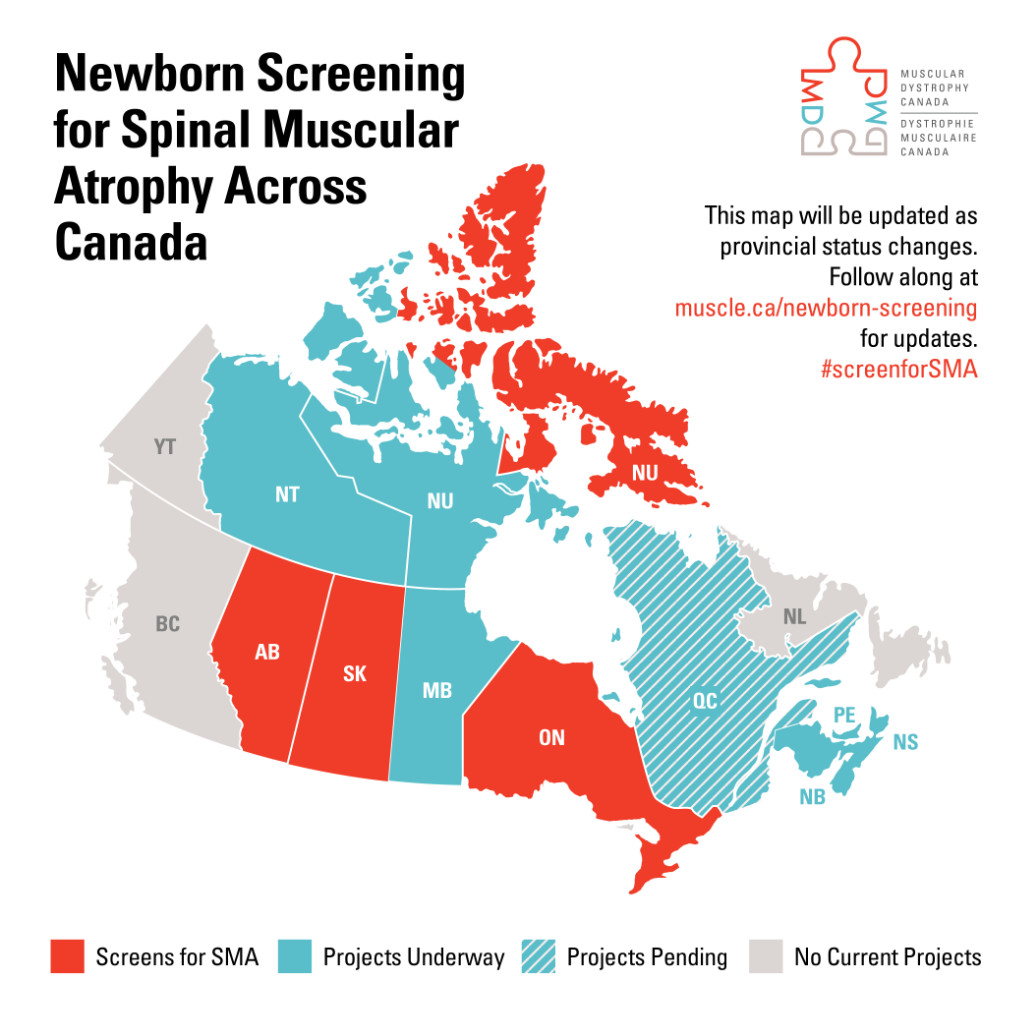Toronto, ON, March 9, 2022 – Muscular Dystrophy Canada (MDC) is proud to announce funding for a first-of-its-kind project to evaluate the cost-effectiveness of newborn screening (NBS) for spinal muscular atrophy (SMA) in Canada, including early treatment. The innovative national project led by a team at the Children’s Hospital of Eastern Ontario (CHEO) will provide vital evidence for policy and decision makers and is expected to help expedite implementation of screening for SMA across the country.
“Discussions on adding new disorders to NBS panels often come down to cost and cost effectiveness: how much will screening for ‘X’ benefit patients and how does that compare to the health system costs? Unfortunately, Canadian health economic analyses are often not available to help answer this question. Our work will generate important information to support newborn screening policy decision making in Canada,” said Dr. Chakraborty, Medical Director of Newborn Screening Ontario (NSO) and project lead.
Today’s announcement is part of MDC’s collaboration with Novartis Pharmaceuticals Canada Inc. (Novartis) to make newborn screening for SMA a national reality. With Alberta and Saskatchewan recently initiating screening for SMA, the focus is now on full-implementation and providing information to support long-term sustainability of all projects.
“Generating this data will not only provide policy and decision makers the evidence they need to make NBS for SMA a national standard, but will also help foster collaboration and exchange of information across the country and can ultimately inform Canada’s Rare Disease Strategy” said Stacy Lintern, CEO, Muscular Dystrophy Canada. “We’re thrilled to be working with Novartis, committed government leaders, the SMA community and MDC’s dedicated Board of Directors, Fire Fighters, clients, donors and supporters to ensure all Canadians have access to the same healthcare, regardless of where they live.”
Access to newborn screening varies widely from province to province. In a progressive neuromuscular disorder like SMA, early diagnosis and prompt access to treatments lead to the best possible outcomes.
“Relocating during pregnancy opened my eyes to the existence of postal code healthcare in Canada,” said Lindsay Williamson, whose son Mason was diagnosed in 2021 with SMA at one month old. “Had we not moved from Ontario for work, our son’s condition would have been promptly picked up during newborn screening. This blood spot would have eliminated the need for a battery of costly medical tests and mitigated the stress of the diagnostic experience. I have no doubt this project will help guarantee families like ours get the information they need from day one.”
Further information on the impact of newborn screening for SMA and the projects funded to date is available at muscle.ca/services-support/newborn-screening/.
About Muscular Dystrophy Canada
Muscular Dystrophy Canada’s mission is to enhance the lives of those affected with neuromuscular disorders by continually working to provide ongoing support and resources while relentlessly searching for a cure through well-funded research. To learn more about Muscular Dystrophy Canada, please explore our website or call our toll-free number at 1-800-567-2873.
-30-
For more information:
Heather Rice
heather.rice@muscle.ca
902-440-3714

